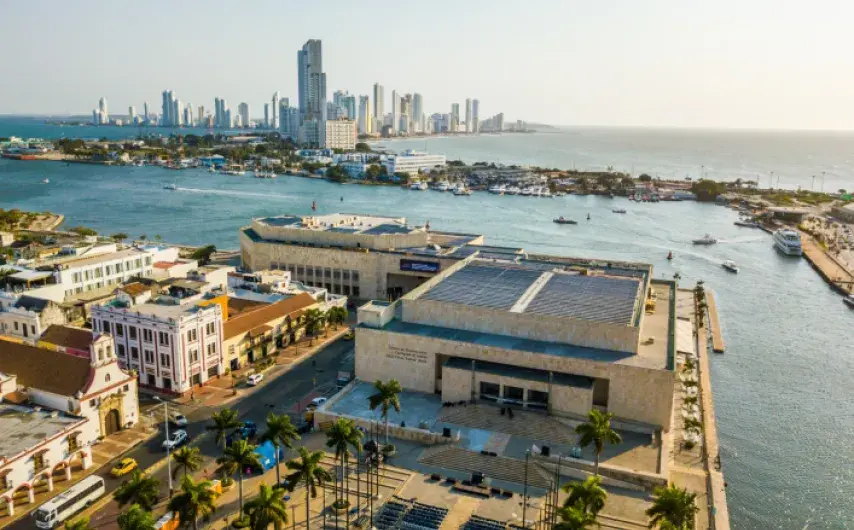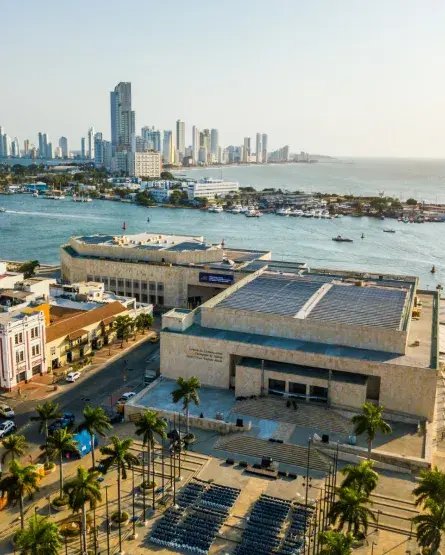Articles Outstanding
 Tourism
Tourism
The Country of Beauty is turning heads at IMEX Las Vegas 2025, presenting a strong delegation of top hotels, convention bureaus, DMCs, and tourism operators to highlight its strength as a leading Meetings Industry destination in Latin America.
read note Tourism
Tourism
With a diverse delegation of destinations and companies, Colombia celebrates its tourism growth and international positioning at one of the most important industry events in the Americas.
read note Exports
Exports
This Thursday, September 11, New York Fashion Week shines a spotlight on Colombia, as three of the country’s most compelling creative voices take center stage at the Studio at Rockefeller Plaza. The event marks a bold affirmation of Colombia as a rising force in global fashion.
read note Exports
Exports
From vertically integrated powerhouses to cutting-edge digital pioneers, Colombia’s presence is more than just an exhibit, it's a reflection of the future of global sourcing.
read note Exports
Exports
Powered by rich biodiversity and a commitment to vegan, cruelty-free, and sustainable practices, Colombian cosmetics are in high international demand, positioning the country as a leading exporter in Latin America with a fast-growing global presence.
read noteNEWS AND CURRENT EVENTS

Beyond Clean. Beyond Trends. Why U.S. Buyers Are Turning to Colombia for High-Performance Beauty



















